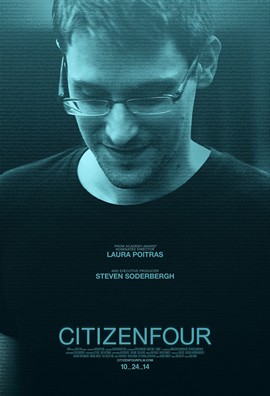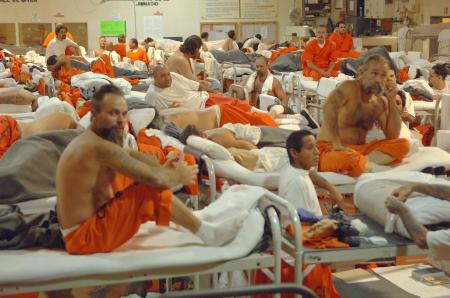Citizenfour is a documentary by Laura Poitras about the recent revelations of NSA spying on US citizens. For those who have been following this scandal, this film will reveal nothing new. It is primarily of interest as an historical document. There is footage of the first meeting between Snowden and Greenwald and Poitras in hotel room in a Hong Kong. In these scenes, Snowden appears confident, yet one sometimes senses a feeling of anxiousness in him. He is clearly concerned about what might happen to him. (Snowden has been criticized for seeking refuge in Russia, which is a dictatorship. This film tells us that he had intended to fly from Moscow to Ecuador. He no doubt had to give up this idea in the face of the US’s manhunt for him. A plane carrying Bolivian president Evo Morales was forced down because it was suspected that Snowden might be hiding on board.)
Citizenfour ends by hinting that there are even bigger revelations to come. Yet it never really addresses the question of why the government is doing so much spying. Is it really about the “War on Terror”, or does the government have a deeper motive? In one scene, Jacob Appelbaum suggests that the government collects this information so that it can target people who get too much out of line. This may sound conspiracist to some people, but it should sound plausible to anyone familiar with the FBI’s Cointelpro program.
You are being watched. Always remember that.









